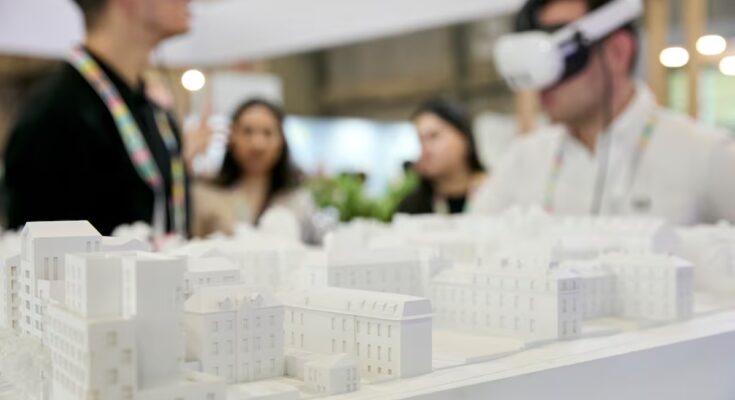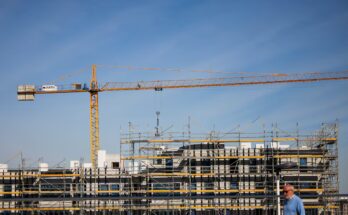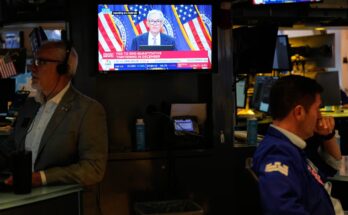Already in 2000, Wellington E. Webb, then mayor of the American city of Denver, predicted that the 21st would be the century of cities. Not of empires, national states or large multinationals, but of increasingly autonomous and efficient cities, committed to sustainability and quality of life. In short, increasingly intelligent.
Confirming Webb’s prediction, urbanized areas represent just 2% of the planet’s surface, but already concentrate around 80% of global GDP and host 55% of human beings, a percentage that will exceed 70% before 2050. Promoted around 2005, at the dawn of the current industrial revolution of connectivity, information and knowledge, the movement smart cities It has established itself as an international agora of urban excellence.
Between 4 and 6 November, Barcelona will host a new edition of the Smart City Expo World Congress (SCEWC), the great European summit of smart metropolises. The event will be held at the Gran Via venue of the Fira de Barcelona and is expected to bring together 1,100 exhibitors and over 25,000 visitors. Among the more than 600 speakers who will participate in these sessions, the presence of the digital entrepreneur and human development expert Kate O’Neill, the futurologist and strategic consultant Nikki Greenberg, the architect, communicator and thinker Carlo Ratti and the vice mayor of the city of Los Angeles, Matt Hale, stand out.
As great news, this year the event will host a new space, called AI-enabled citiesin which success stories related to the use of artificial intelligence in urban transformation processes will be shared. This edition’s motto, The Time for Cities, is inspired by Mayor Webb’s prediction and aims to urge cities to consolidate themselves as great engines of change in this era of global opportunities and challenges.
Ugo Valenti, director of the SCEWC, believes that the last 25 years have demonstrated that cities are not simple clusters of infrastructure, “but dynamic systems built around the lives of millions of people and our main resource for stopping climate change and ensuring a better future for the inhabitants of the planet”. Smart City Expo therefore presents itself as a forum in which companies, experts and public administrations can “work with these common objectives by sharing strategies, technologies and projects” to accelerate the current process of urban improvement.
The exhibition space will host pavilions from countries such as the United States, United Kingdom, China, Germany, France, Japan, Italy and Argentina, as well as leading and disruptive companies such as Microsoft, Nvidia, Deloitte, Bentley, Dell, Veolia and Dahua, among many others. Furthermore, SCEWC will share spaces and dates with the fifth edition of the Tomorrow.Mobility World Congress (TMWC), a parallel event focused on sustainable and smart urban mobility that this year will feature, among many other activities, presentations on bike sharing.



